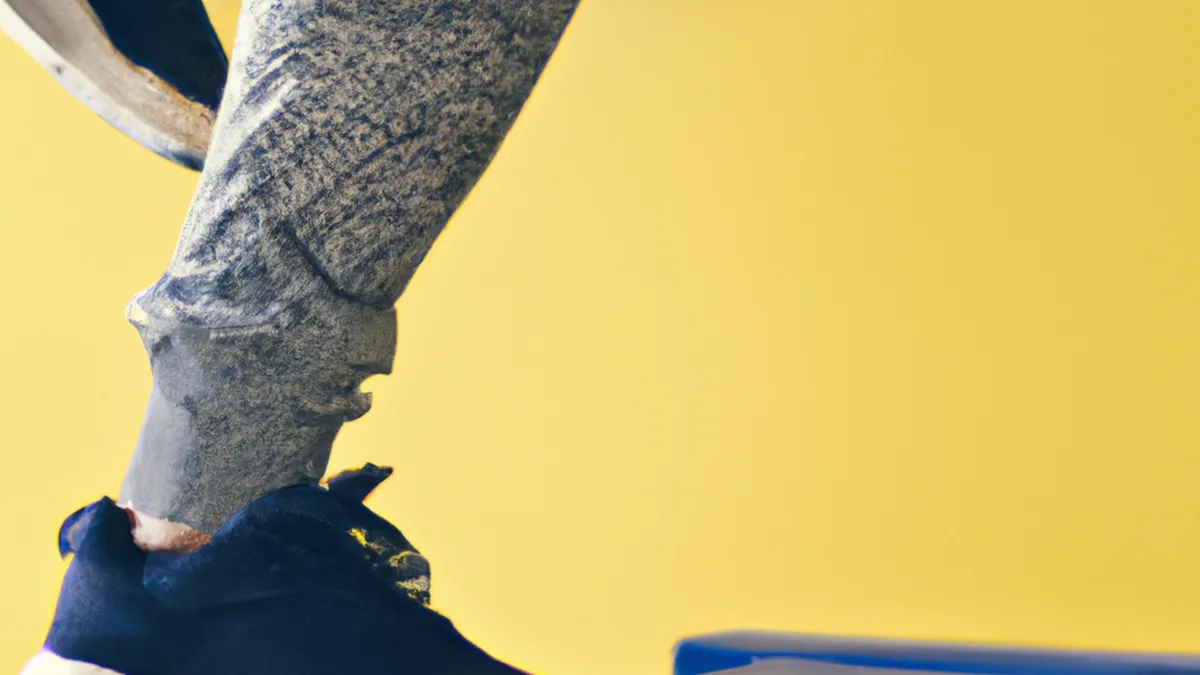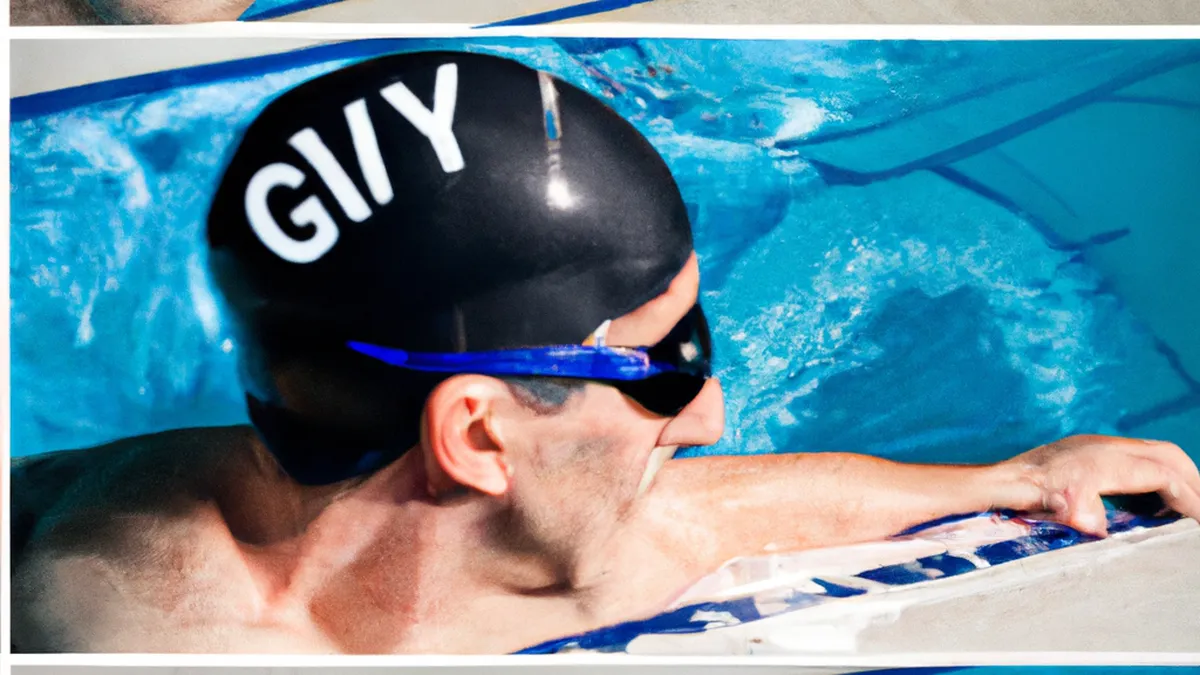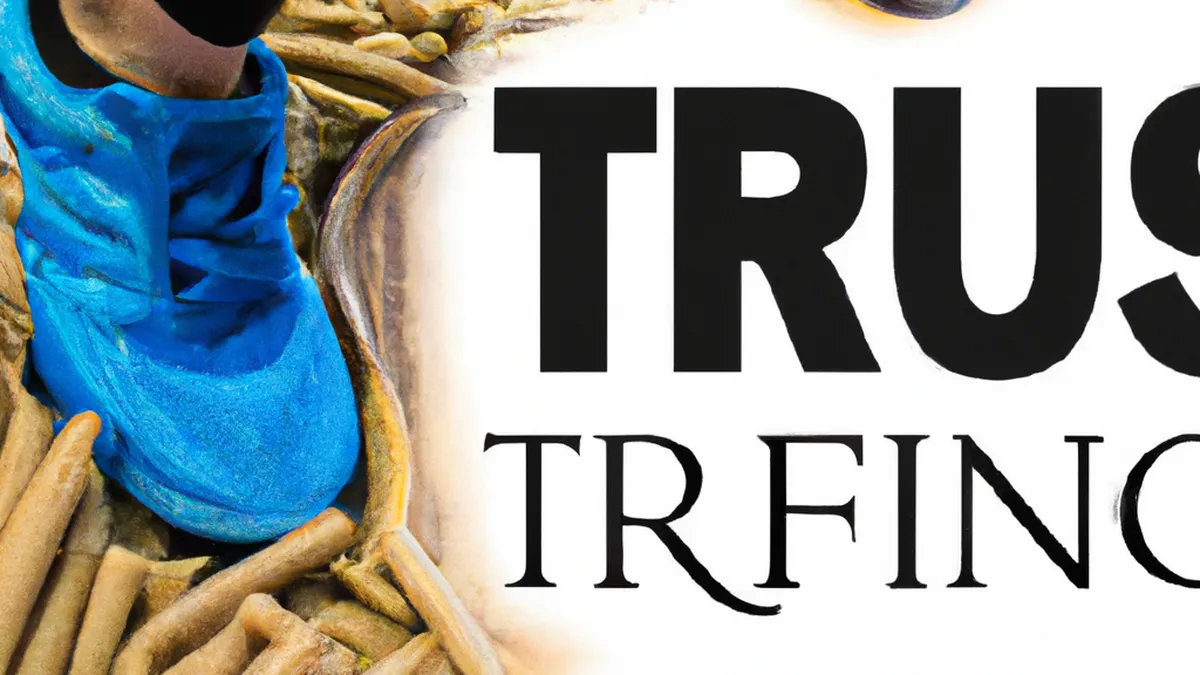Revolutionize Your Recovery Using Foam Rolling
Foam Rolling Techniques for Faster Recovery
As an Amazon Associate I earn from qualifying purchases.
Gear tip: consider running shoes, gps running watch and hydration vest to support this workout.
Athletes and fitness enthusiasts widely use foam rolling to enhance recovery and improve wellness. This self-myofascial release technique reduces muscle soreness and boosts flexibility. In this post, we will discuss foam rolling techniques, benefits, and tips to maximize your sessions.
Understanding Foam Rolling
Foam rolling uses a foam roller to massage muscles and fascia. The fascia surrounds muscles and organs, maintaining structural integrity. Applying pressure with the foam roller releases tension, breaks down knots, and improves blood circulation. This process promotes healing and recovery.
Research shows foam rolling reduces delayed onset muscle soreness (DOMS) and improves range of motion. Incorporating foam rolling into your routine prepares muscles for action and aids post-workout recovery. Let’s explore effective foam rolling techniques.
Basic Foam Rolling Techniques
Target Major Muscle Groups
Focus your foam rolling on major muscle groups, such as the quadriceps, hamstrings, back, and calves.
1. **Quadriceps**: Position the foam roller under your thighs. Lie face down and roll from your hip to your knee. Spend extra time on tight spots. Pause on sore areas and apply deeper pressure. This technique releases tension in the quadriceps, often tight from running or squatting.
2. **Hamstrings**: Sit on the floor and place the roller under your thighs. Roll from your knees to your glutes, stopping at painful areas. This technique helps after leg-intensive workouts, addressing tight hamstrings that affect mobility.
3. **Back**: Lie on your back with the foam roller under your upper back. Roll toward your lower back, keeping your feet flat to stabilize your body. Cross your arms over your chest or place hands behind your head to open up your shoulders while rolling.
Incorporate Upper Body Techniques
Include techniques for your upper body to release tension in the shoulders, chest, and arms.
1. **Shoulders**: Sit on the floor and place the roller under one shoulder. Lean into the roller and roll back and forth for about a minute. Switch sides to treat both shoulders equally. This technique benefits those who sit at desks or perform overhead activities.
2. **Lats**: Lie on your side and position the roller under your lats.
Conclusion
Incorporate these foam rolling techniques to enhance recovery, flexibility, and overall performance. Maximize your sessions for the best results.
Below are related products based on this post:
FAQ
What is foam rolling and how does it work?
Foam rolling is a self-myofascial release technique that uses a foam roller to massage muscles and fascia. By applying pressure with the roller, it helps release tension, break down knots, and improve blood circulation, promoting healing and recovery.
Which muscle groups should I focus on during foam rolling?
It is recommended to target major muscle groups such as the quadriceps, hamstrings, back, shoulders, and lats. Focusing on these areas helps alleviate tightness and enhances recovery after workouts.
How can I maximize the benefits of my foam rolling sessions?
To maximize your foam rolling sessions, spend extra time on tight spots and apply deeper pressure on sore areas. Incorporating both lower and upper body techniques will also help in releasing tension and improving flexibility.















Post Comment